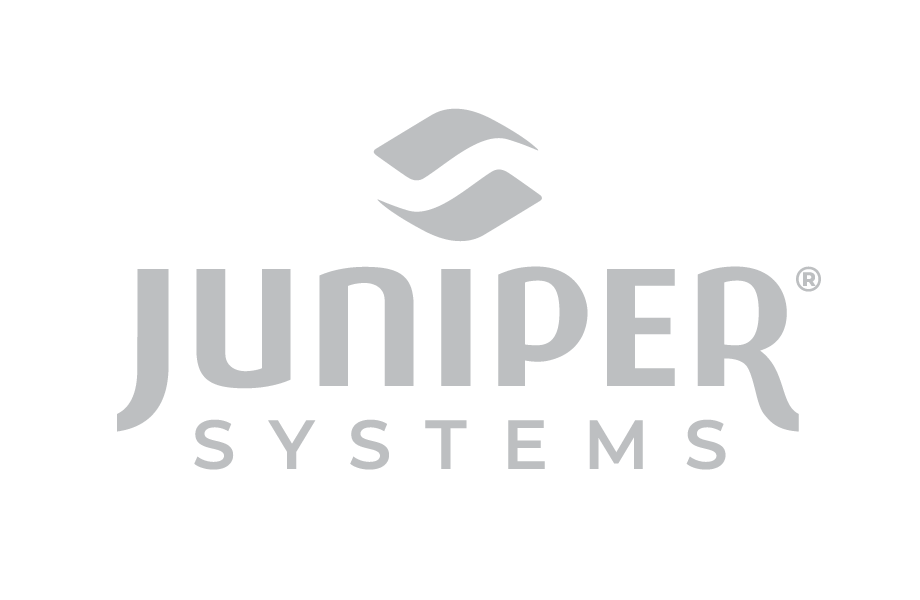Getting the most out of an RFID device can be a daunting task. Juniper Systems’ RFID experts recommend asking three questions to simplify the process of testing and choosing an RFID device.
1. How will the device be held?
Determine whether the users will hold the device in a landscape or portrait orientation. Once users have determined how the device will be held, then purchasers need to identify the placement of the RFID reader in the device. Depending on the location of the RFID reader and the way the device is being held, the reader can be blocked by the placement of the hand. This interference can hinder the efficiency and effectiveness of the RFID reader.
For example, when considering the Mesa 3 Rugged Tablet purchasers should be aware that the location of the RFID reader is in the top third of the tablet if being held in portrait orientation.
With the location of the RFID reader in mind, it is ideal for users to hold the Mesa 3 in the portrait orientation to avoid interference between the reader and the tag to be read. If users choose to hold the Mesa 3 in portrait orientation, the best way to hold the device in hand is by using the hand strap to avoid covering up the RFID reader. The Mesa 3 can be held and used in landscape orientation, but users are advised to avoid placing or holding the device in a manner that blocks the RFID reader. Below are examples of using the Mesa in landscape orientation without blocking the RFID reader and an example of how holding the device in landscape orientation can potentially block the RFID reader.
2. Is the tag an on-metal tag or an off-metal tag?
When testing the capabilities of an RFID device, it is essential to know if the tag being read is an on-metal tag or an off-metal tag. If users test the reading range of the RFID device for an on-metal tag, then the tag must be on a metal surface for users to test the true range of the RFID device. If the on-metal tag is being scanned on a non-metal surface, then the device will not read the tag, or at a minimum, the range of the RFID device is decreased dramatically. If the on-metal tag is being scanned on a metal surface, then the device can read the tag well and the range of the RFID device can hit the furthest potential of its design. The same is true for off-metal tags. Off-metal tags should be tested on surfaces that are not metal to get a true read range with the device.
3. What orientation will the tag be mounted?
Many tags are oriented in a linear orientation. Other tags are using a more circular antenna design. It is important to know the orientation of the tag and match it to the antenna orientation of the reader if the greatest potential range of the tag is desired. Once it is determined whether the tag is on-metal or off-metal, users should test the best orientation of the tag. Users can do this by placing the tag on the appropriate surface and switching the tag from a landscape orientation to portrait orientation. This will help users determine the best orientation to mount the tag for the optimal reading range.
Closing thoughts
In addition to the orientation of how the tag will be mounted, it is important to angle the device properly to get the RFID tag read. Below is an example of how the Mesa sends out signals to capture the RFID tag to be read and how the angle of the rugged tablet plays a role in reading an RFID tag.
These three questions can set users up to have a more successful experience testing the effectiveness of an RFID device. For additional information on Juniper Systems’ RFID-capable devices, contact our team of experts or check out our products.
